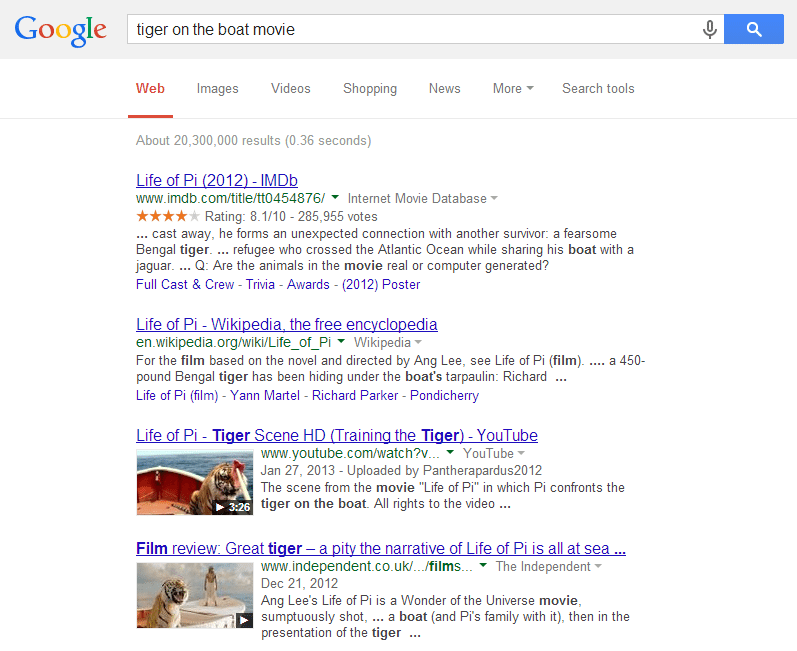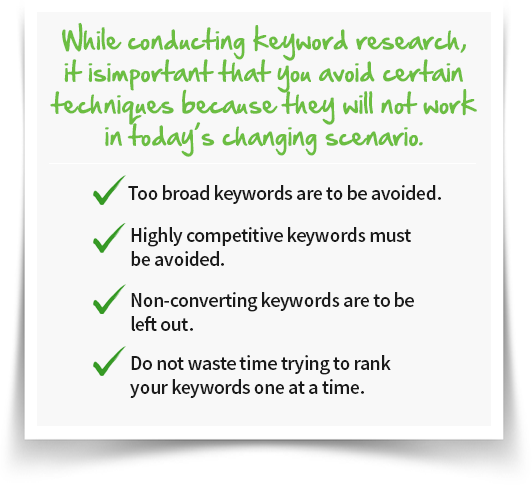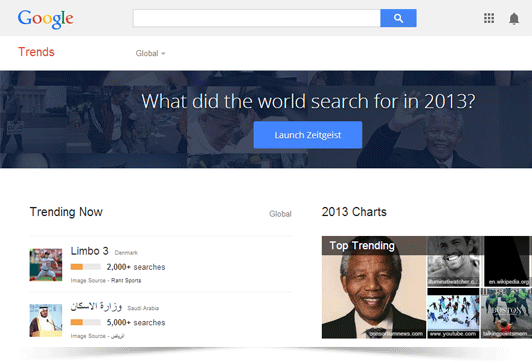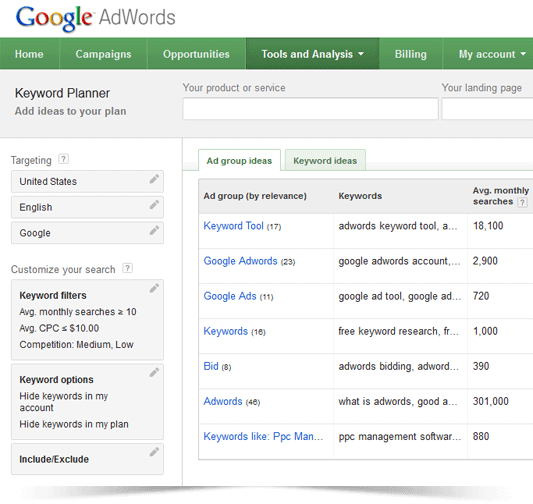The past few years have been nothing less than a roller coaster ride for us, the SEO professionals all over the world. Out of many things that we have learnt from different changes made by Google, one of the most important one is that concepts are now more important and efficient comparing to individual keywords as far as search marketing is concerned. However, I personally feel that it is not yet time to assume that keywords don’t matter just because Google keep the keyword referral data withheld.
It is important to remember that each of the 5 million Google searches taking place per day start with keywords. Google’s approximate earning by selling keywords is no less than a whopping 40 million every year. Most of this revenue is generated from keywords that are sold via advertising. Withheld keyword referral data only affects post-click analytics without making any impact on the pre-click keywords typed in search boxes by users. Marketers can still stand out from the competition by investing in smart keyword research. The only difference is that they now need to turn each of these keywords into a concept.
In the early phases of our career as a SEO professionals, we all learned to research keywords one at a time. Then we used that keyword to optimize our page by placing it in our headline, title tag, text body, and sometimes in an image’s alt text.
To be very honest, this single keyword optimization mentality has no delivered noteworthy results since a long time. In today’s SEO perspective, the content must be about something. The biggest difference between the past and the present is the shift to concepts from individual keywords.
There are three primary ways in which a concept can be related to search marketing.
The first of these three ways is the intention of the user.
Now, the focus of the search engines is to try and better understand an user’s question by relating it to a concept. Therefore, if someone searches for ‘tiger on the boat movie’, Google will understand that the user is looking for the movie Life of Pi, not a series of pages optimized for these keywords.
The second way to relate a content to search marketing what a particular is about.
Search engines try to find out the concept of your content by reading your keywords.
Finally, the search engines also relate concepts amongst each other.
With regards to the example of Life of Pi, this may display the way this movie relates to the writers, actors, reviews, ratings, etc.
Instead of using the same old keyword research techniques, it is time now to take an opposite approach. The basic idea behind this new approach is to focus content created around your ideas rather than just thinking about the keywords. This will make it possible for you to rank for hundreds of keywords. However, in order accomplish this result, it is important to leverage some important factors relating to search traffic.
More than 70% of traffic received for any page comes from keywords that the page was not optimized for.
Therefore, you run the risk of ignoring a vast majority of potential traffic by optimizing only for one keyword.
Number one ranking is never a requirement to earn thousands of visitors.
Ranking lower for many long tail keywords is much better than number one ranking for just one keyword.
Just relying on keyword research tools will never help you achieve your ranking potential.
It has been observed that even the best of keyword research tools will only generate a fraction of the keywords.
Concept and theme wise grouped keywords are sold by the search engines.
While purchasing keywords via AdWord, the keywords are suggested by Google in grouped ideas and themes. Apart from being Google’s business policy, this also indicates that Google considers concepts to be a better indicator or the searcher’s intention comparing to individual keywords.
Now, you can create your step-wise action plan based on all these ideas.
Step 1: Finding out the keyword seeds:
Start with longer tail terms that are less competitive. Google AdWords Keyword Planner is probably the most popular one, but you may use many such tools to find out new ideas.
Step 2: Be specific with keyword modifiers:
Ranking for a keyword becomes easier if it is more specific. Some of the keyword modifiers you may include are the location, intent, price, quality, date & time, etc. Google Trends is an excellent place to validate your keyword ideas. Often times, it may reveal insights and patterns that are not covered with other similar tools.
Step 3: Google AdWords Keyword Planner:
This tool is used by thousands of people around the world. However, many of them ignore the Ad Groups Tab. This is the place where you can find out themed keywords comprising of tightly grouped ideas. Also, it is possible to create highly targeted content by sorting the keyword suggestions by relevance.
Step 4: Further define your concept:
Once you have the basic idea, the next step is to create a keyword theme by finding out the conceptually related keywords.
Step 5: Empathize with the visitors:
Put yourself in the shoes of the visitor and try to anticipate their requirements. This will help you figure out keyword ideas that are conceptually related.











